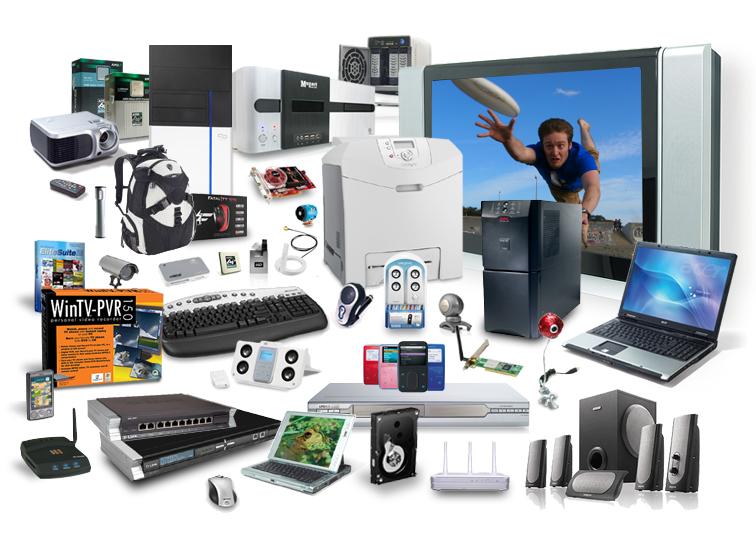What Makes Plastics Invaluable?
Electrical insulation: Electricity is essential to our standard of living, a valuable and versatile servant — but it is also potentially lethal. Plastics do not conduct electricity and are therefore used in a variety of applications where their insulating properties are needed. PVC is widely used to insulate electric wiring, while thermosets (which can withstand high temperatures) are used for switches, light fittings and handles. Plastics are especially suited to housings for goods such as hairdryers, electric razors and food mixers as they protect the consumer from the risk of electric shock.Heat insulation: Plastics are poor conductors of heat. To reduce the risk of burns, manufacturers have therefore made extensive use of plastics, introducing cool-touch toasters, deep-fat fryers and kettles. To further protect the consumer, plastics can be made fire resistant through the use of special flame retardant additives.
Lightweight: If you’ve ever lifted an old-fashioned, heavy vacuum cleaner you can imagine how much harder housework was before plastics! Substantial weight reductions in tools and equipment can be made by using plastics. And as they are lighter, they use less electricity to run —helping the environment as well as reducing running costs.
Freedom of design: Whatever the designer dreams up, plastics can deliver. They can be any colour — transparent, translucent or opaque; any texture —matte to eliminate glare in the office, smooth for easily cleaned kitchen equipment or non-slip for handles. Plastics are ideally suited to the ergodynamic curves which make modern tools easy and safe to use.
Durable: Plastics are hygienic, hardwearing and easily cleaned and maintained. They do not corrode, like metals, or rot like other organic materials. They are oil- and acid-resistant, an important property for tools and can be made shatter-resistant.
Energy-efficient: Plastics consume just 4% of oil production. They take less energy — and therefore fossil fuel — to make than most traditional materials. This makes them cheaper to make and buy, as well as benefiting the environment by conserving resources.
Recyclable: When products have reached the end of their useful lives, many of the plastic components can be recycled, to give them a second life and thus save energy and raw materials. ICER (see below) is promoting and developing recycling facilities in the UK. Waste plastics can also be incinerated in purpose-built, clean-burning power stations to generate electricity.

